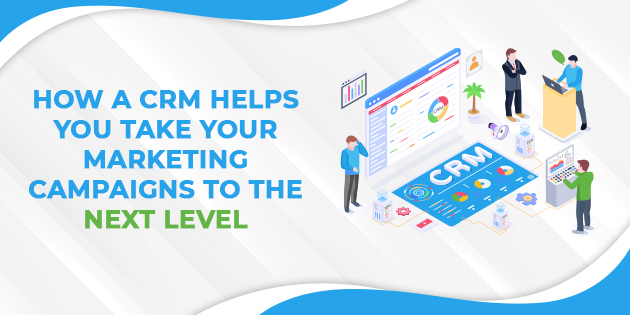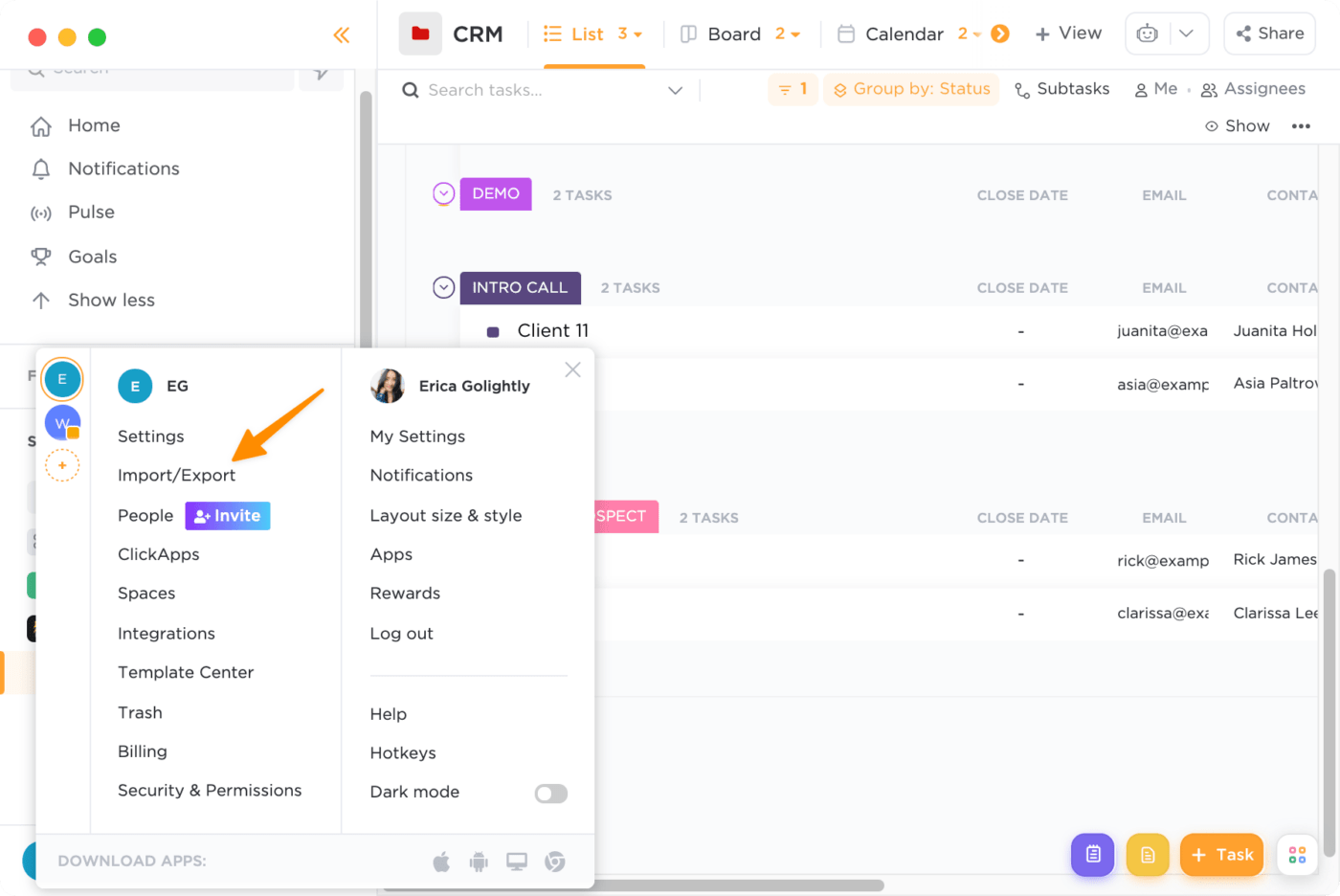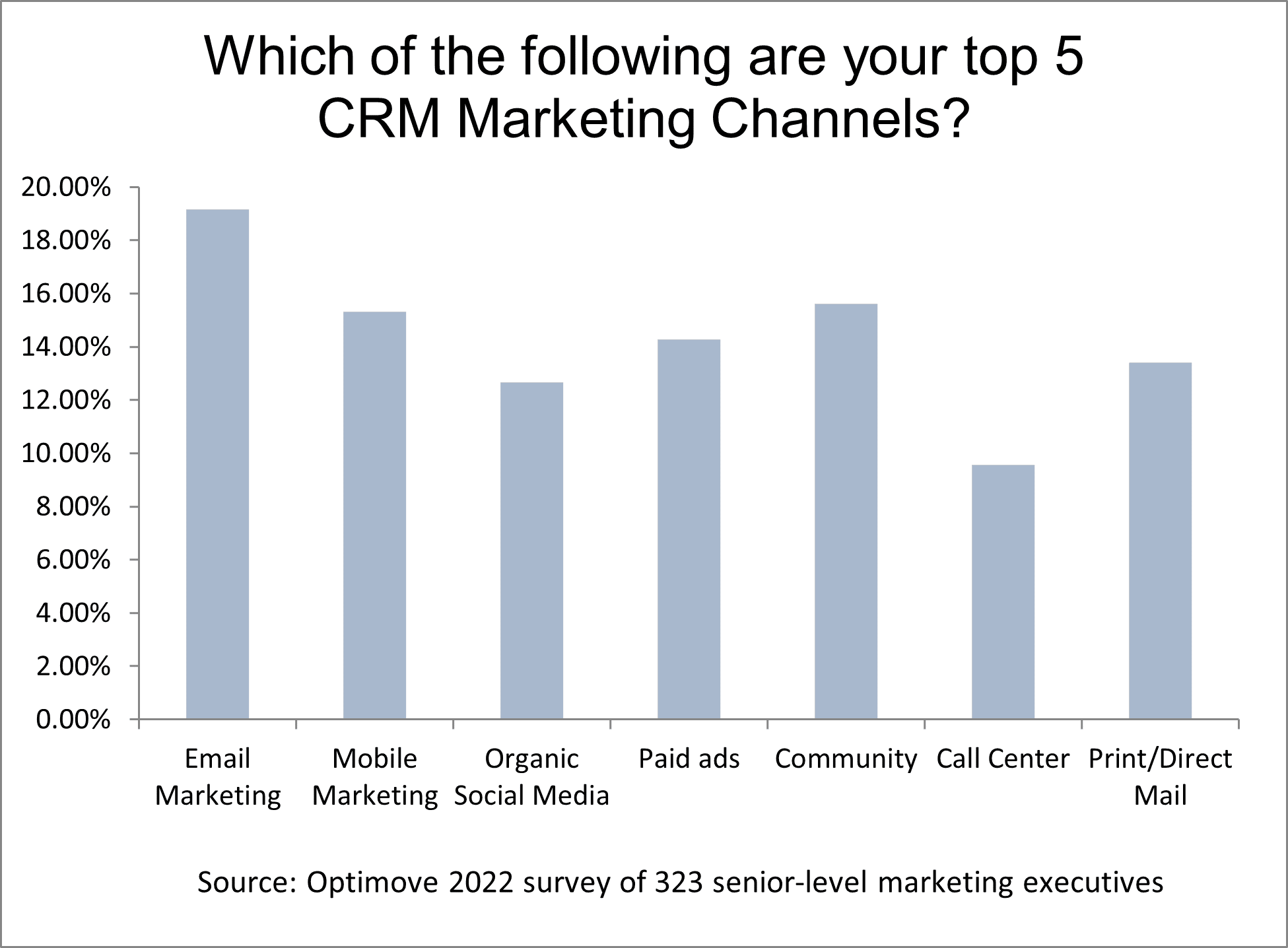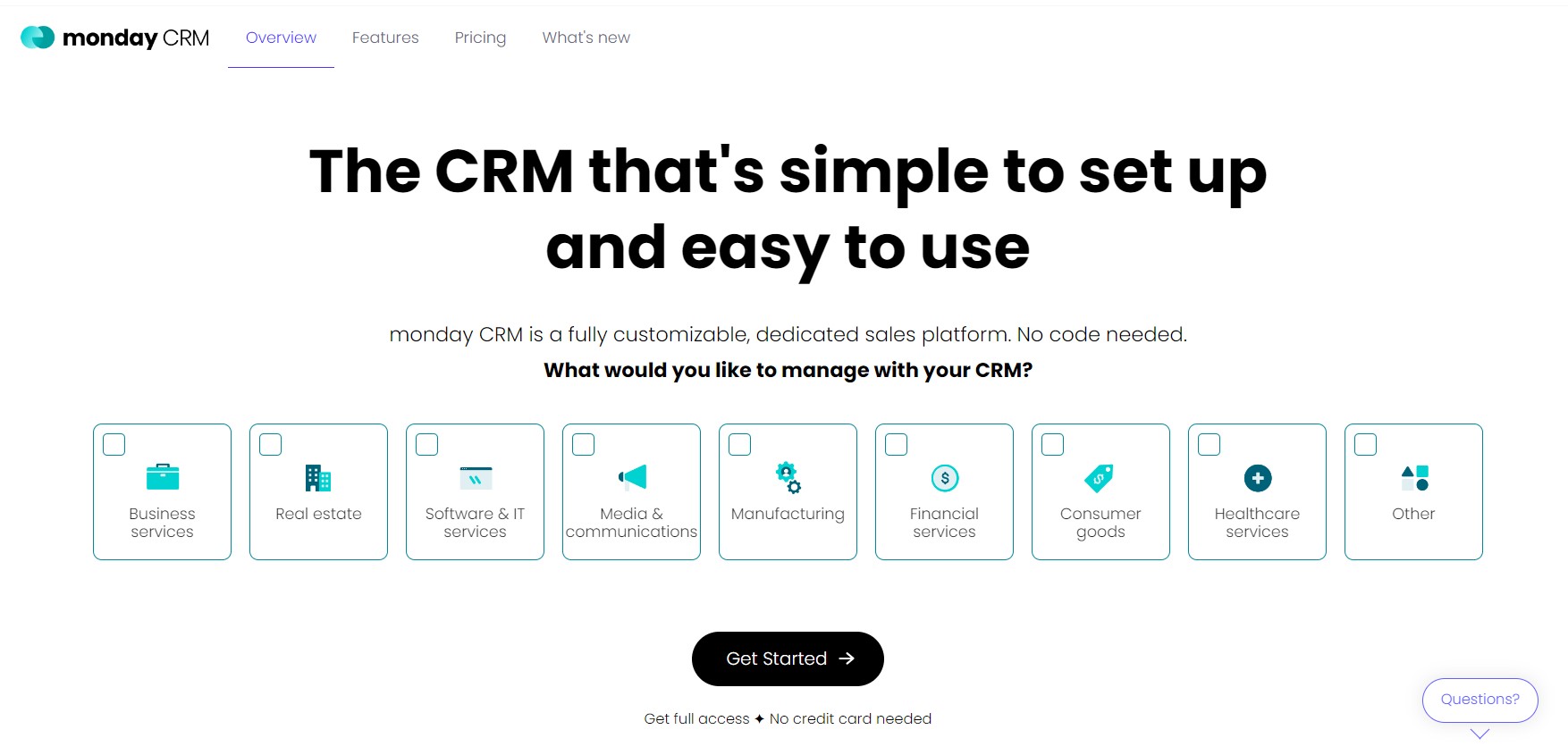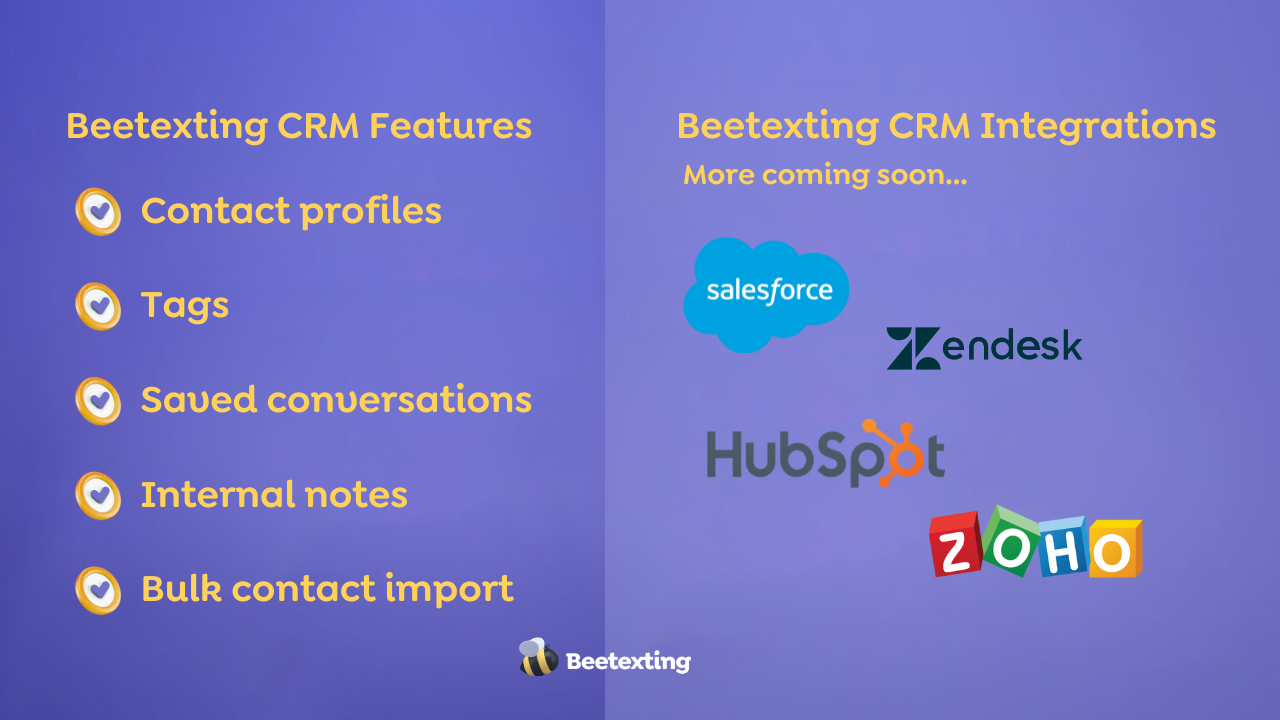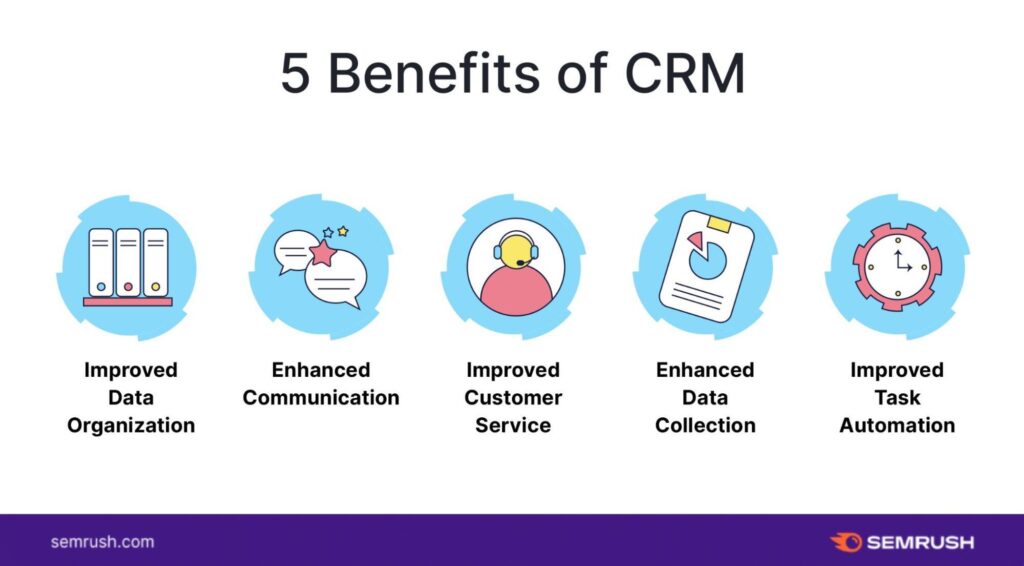
CRM Marketing Mastery: Unleashing Customer Retention for Unprecedented Growth
In today’s fiercely competitive business landscape, attracting new customers is only half the battle. The real triumph lies in retaining the ones you already have. That’s where the power of CRM marketing shines. It’s not just about managing customer relationships; it’s about cultivating them, nurturing them, and transforming them into loyal advocates. This comprehensive guide will delve into the intricacies of CRM marketing, exploring how it fuels customer retention, drives business growth, and ultimately, ensures your long-term success. We’ll unpack the strategies, tools, and best practices you need to not only survive but thrive in the ever-evolving world of customer relationship management.
Understanding the Core of CRM Marketing
At its heart, CRM (Customer Relationship Management) marketing is a strategic approach to managing and analyzing customer interactions and data throughout the customer lifecycle. It leverages technology and a customer-centric philosophy to optimize engagement, personalization, and ultimately, drive sales and foster loyalty. It’s about viewing each customer not just as a transaction, but as a valuable relationship to be nurtured.
Think of it like this: you wouldn’t treat a valued friend the same way you treat a casual acquaintance. CRM marketing allows you to apply this principle to your customer base. By understanding their individual needs, preferences, and behaviors, you can tailor your interactions to create a more meaningful and rewarding experience. This, in turn, fosters a sense of connection, trust, and loyalty, making customers far less likely to stray to the competition.
The core components of CRM marketing include:
- Data Collection and Management: Gathering and organizing customer data from various sources, including website interactions, purchase history, social media activity, and customer service interactions.
- Segmentation: Dividing your customer base into distinct groups based on shared characteristics, such as demographics, purchase behavior, and interests.
- Personalization: Tailoring marketing messages, offers, and experiences to individual customer preferences and needs.
- Automation: Using technology to automate repetitive marketing tasks, such as email campaigns, lead nurturing, and customer service follow-ups.
- Analytics and Reporting: Tracking and analyzing key performance indicators (KPIs) to measure the effectiveness of CRM marketing efforts and identify areas for improvement.
The Indispensable Role of CRM in Customer Retention
Customer retention is the lifeblood of any successful business. It’s far more cost-effective to retain existing customers than to acquire new ones. Furthermore, loyal customers tend to spend more, make more frequent purchases, and are more likely to recommend your business to others. CRM marketing is the cornerstone of a robust customer retention strategy. It provides the tools and insights you need to build lasting relationships and keep your customers coming back for more.
Here’s how CRM marketing fuels customer retention:
- Enhanced Customer Understanding: By collecting and analyzing customer data, CRM systems provide a 360-degree view of each customer. This allows you to understand their needs, preferences, and pain points, enabling you to tailor your interactions and offer relevant solutions.
- Personalized Communication: CRM systems enable you to personalize your communication based on customer data. This includes sending targeted emails, offering personalized product recommendations, and providing customized customer service experiences.
- Proactive Customer Service: CRM systems allow you to proactively identify and address customer issues before they escalate. This can include monitoring customer feedback, tracking customer service interactions, and reaching out to customers who may be at risk of churning.
- Improved Customer Experience: By streamlining customer interactions and providing personalized experiences, CRM systems enhance the overall customer experience. This leads to increased customer satisfaction, loyalty, and retention.
- Loyalty Program Management: CRM systems can be integrated with loyalty programs to track customer rewards, manage points, and personalize offers based on customer behavior.
Key Strategies for Implementing a Successful CRM Marketing Strategy for Retention
Implementing a successful CRM marketing strategy requires careful planning, execution, and ongoing optimization. Here are some key strategies to consider:
1. Choose the Right CRM System
Selecting the right CRM system is the first and arguably most crucial step. The market is flooded with options, so it’s vital to choose a system that aligns with your specific business needs and goals. Consider factors such as:
- Scalability: Can the system grow with your business?
- Features: Does it offer the features you need, such as contact management, sales automation, marketing automation, and customer service tools?
- Integration: Does it integrate seamlessly with your existing systems, such as your website, e-commerce platform, and email marketing software?
- Ease of Use: Is the system user-friendly and easy to learn?
- Cost: Is the pricing model affordable and sustainable?
Do your research, read reviews, and consider a free trial to test the system before making a commitment. Some popular CRM systems include Salesforce, HubSpot, Zoho CRM, and Microsoft Dynamics 365.
2. Data Migration and Organization
Once you’ve chosen your CRM system, the next step is to migrate your existing customer data. This process can be time-consuming and complex, so it’s important to plan it carefully. Ensure that your data is clean, accurate, and organized. This includes:
- Cleaning up your existing data: Remove duplicate records, correct errors, and standardize formatting.
- Importing your data into the CRM system: Follow the system’s instructions for importing data from spreadsheets, databases, and other sources.
- Organizing your data: Create a clear and consistent data structure, using fields and categories that are relevant to your business.
- Ensuring data privacy and security: Comply with all relevant data privacy regulations, such as GDPR and CCPA.
Consider enlisting the help of a data migration specialist if you lack the in-house expertise.
3. Segment Your Customer Base
Customer segmentation is the process of dividing your customer base into distinct groups based on shared characteristics. This allows you to tailor your marketing messages and offers to specific customer segments, increasing the likelihood of engagement and conversion. Common segmentation criteria include:
- Demographics: Age, gender, location, income, education, etc.
- Purchase behavior: Purchase history, frequency of purchases, average order value, etc.
- Engagement: Website activity, email opens and clicks, social media engagement, etc.
- Needs and preferences: Interests, product preferences, pain points, etc.
Use your CRM system to analyze your customer data and identify meaningful segments. Then, create targeted marketing campaigns for each segment.
4. Personalize Your Customer Interactions
Personalization is key to building strong customer relationships. Use your CRM system to personalize your communication, offers, and customer service experiences. This includes:
- Using customer names in emails and other communications.
- Sending targeted emails based on customer interests and purchase history.
- Offering personalized product recommendations.
- Providing customized customer service experiences.
- Creating dynamic website content that changes based on customer behavior.
The more personalized your interactions, the more likely customers are to feel valued and appreciated.
5. Automate Your Marketing Efforts
Marketing automation is the process of using technology to automate repetitive marketing tasks. This frees up your time and resources to focus on more strategic initiatives. Your CRM system can automate a variety of tasks, including:
- Email marketing: Automate email campaigns, such as welcome emails, nurture sequences, and promotional offers.
- Lead nurturing: Automatically nurture leads through the sales funnel with targeted content and offers.
- Social media posting: Schedule and automate social media posts.
- Customer service follow-ups: Automate follow-up emails and tasks for customer service inquiries.
- Workflow automation: Create automated workflows to streamline sales and marketing processes.
Automation can significantly improve your marketing efficiency and effectiveness.
6. Track and Analyze Your Results
Tracking and analyzing your results is crucial for measuring the effectiveness of your CRM marketing efforts and identifying areas for improvement. Your CRM system should provide a variety of reports and dashboards that track key performance indicators (KPIs), such as:
- Customer acquisition cost (CAC)
- Customer lifetime value (CLTV)
- Customer retention rate
- Conversion rates
- Email open and click-through rates
- Website traffic and engagement
Regularly review your reports and dashboards to identify trends, measure the impact of your campaigns, and make data-driven decisions. Use A/B testing to optimize your marketing messages and offers.
7. Foster a Customer-Centric Culture
Ultimately, the success of your CRM marketing strategy depends on fostering a customer-centric culture within your organization. This means:
- Putting the customer at the center of all your decisions.
- Empowering your employees to provide excellent customer service.
- Collecting and acting on customer feedback.
- Continuously improving your customer experience.
- Training your team on CRM best practices.
A customer-centric culture ensures that your entire organization is aligned with the goal of providing a positive customer experience and building lasting relationships.
CRM Marketing Tools and Technologies
Several tools and technologies can help you implement and manage your CRM marketing strategy effectively. Here are some of the most important ones:
- CRM Software: The foundation of your CRM marketing efforts. Choose a system that meets your specific needs, as mentioned earlier.
- Email Marketing Platforms: Integrate your CRM with an email marketing platform to send targeted emails, automate campaigns, and track results. Examples include Mailchimp, Constant Contact, and Sendinblue.
- Marketing Automation Software: Automate repetitive marketing tasks, such as lead nurturing, social media posting, and customer service follow-ups. Popular options include HubSpot, Marketo, and Pardot.
- Social Media Management Tools: Schedule and manage your social media posts, monitor engagement, and track results. Examples include Hootsuite, Buffer, and Sprout Social.
- Analytics Platforms: Track and analyze your marketing performance. Integrate your CRM with Google Analytics and other analytics platforms to gain deeper insights into your customer behavior.
- Live Chat Software: Provide real-time customer support and engage with website visitors. Popular options include Intercom, LiveChat, and Zendesk Chat.
- Customer Service Software: Manage customer service inquiries, track issues, and provide support. Examples include Zendesk, Freshdesk, and Help Scout.
- Data Enrichment Tools: Enrich your customer data with additional information from third-party sources. This can help you personalize your marketing messages and offers more effectively. Examples include Clearbit and ZoomInfo.
Measuring the Impact of CRM Marketing on Customer Retention
The ultimate goal of CRM marketing is to improve customer retention. To measure the impact of your efforts, you need to track key metrics. Here are some important KPIs to monitor:
- Customer Retention Rate: The percentage of customers who remain loyal over a specific period. Calculated as: ((Number of customers at the end of the period – Number of new customers acquired during the period) / Number of customers at the beginning of the period) * 100.
- Customer Churn Rate: The percentage of customers who stop doing business with you over a specific period. Calculated as: (Number of customers lost during the period / Number of customers at the beginning of the period) * 100.
- Customer Lifetime Value (CLTV): The predicted revenue a customer will generate throughout their relationship with your business.
- Customer Satisfaction Score (CSAT): Measures customer satisfaction with your products or services. Typically measured through surveys.
- Net Promoter Score (NPS): Measures customer loyalty and willingness to recommend your business to others.
- Repeat Purchase Rate: The percentage of customers who make multiple purchases.
- Average Order Value (AOV): The average amount spent per order.
By tracking these metrics, you can assess the effectiveness of your CRM marketing efforts and make data-driven decisions to improve customer retention.
Common Challenges and How to Overcome Them
Implementing a CRM marketing strategy can present several challenges. Being aware of these and having strategies to overcome them is vital for success.
- Data Quality Issues: Inaccurate, incomplete, or outdated data can undermine your efforts. Address this by implementing data cleansing processes, using data validation tools, and regularly updating your data.
- Lack of Integration: If your CRM system doesn’t integrate with your other systems, you’ll lose valuable data and insights. Ensure seamless integration between your CRM, email marketing platform, e-commerce platform, and other key systems.
- Employee Resistance: Some employees may resist adopting a new CRM system or changing their work processes. Provide thorough training, communicate the benefits of the system, and involve employees in the implementation process.
- Poor User Adoption: If employees don’t use the CRM system effectively, you won’t see the desired results. Make the system user-friendly, provide ongoing support, and offer incentives for employees to use it.
- Lack of Alignment Between Sales and Marketing: Silos between sales and marketing can hinder your efforts. Foster collaboration and communication between these teams, and align your goals and strategies.
- Difficulty Personalizing at Scale: Personalizing interactions for a large customer base can be challenging. Use segmentation, automation, and dynamic content to personalize your messages and offers at scale.
- Measuring ROI: It can be difficult to directly attribute results to CRM marketing efforts. Track your KPIs, use attribution modeling, and conduct A/B testing to measure the impact of your campaigns.
The Future of CRM Marketing and Customer Retention
CRM marketing is constantly evolving. As technology advances, we can anticipate several trends that will shape the future of customer retention:
- Artificial Intelligence (AI) and Machine Learning (ML): AI and ML will play an increasingly important role in CRM marketing, enabling businesses to personalize customer experiences, automate tasks, and gain deeper insights into customer behavior.
- Hyper-Personalization: Businesses will move beyond basic personalization to create highly personalized experiences that cater to individual customer needs and preferences.
- Omnichannel Marketing: Businesses will adopt omnichannel strategies to provide seamless customer experiences across all channels, including email, social media, website, and in-person interactions.
- Voice-Activated CRM: Voice assistants will become increasingly integrated with CRM systems, allowing businesses to manage customer relationships and access information through voice commands.
- Focus on Customer Experience (CX): Customer experience will become the primary differentiator for businesses. CRM marketing will be focused on creating positive and memorable customer experiences.
- Data Privacy and Security: With increasing concerns about data privacy, businesses will need to prioritize data security and comply with all relevant regulations.
Embracing these trends will be crucial for businesses looking to thrive in the future of customer retention.
Conclusion: Building Lasting Customer Relationships with CRM Marketing
CRM marketing is more than just a set of tools and techniques; it’s a philosophy centered around building meaningful, lasting relationships with your customers. By understanding your customers, personalizing your interactions, and providing exceptional experiences, you can cultivate loyalty, drive growth, and achieve long-term success.
The journey of CRM marketing is an ongoing one, requiring continuous learning, adaptation, and optimization. By embracing the principles and strategies outlined in this guide, you can harness the power of CRM to transform your customer relationships and create a thriving business. It’s a journey that will require dedication, but the rewards—a loyal customer base, increased revenue, and sustainable growth—are well worth the effort.
So, take the first step. Choose the right CRM system, analyze your data, personalize your interactions, and start building the customer relationships that will propel your business to new heights. The future of your business depends on it.

